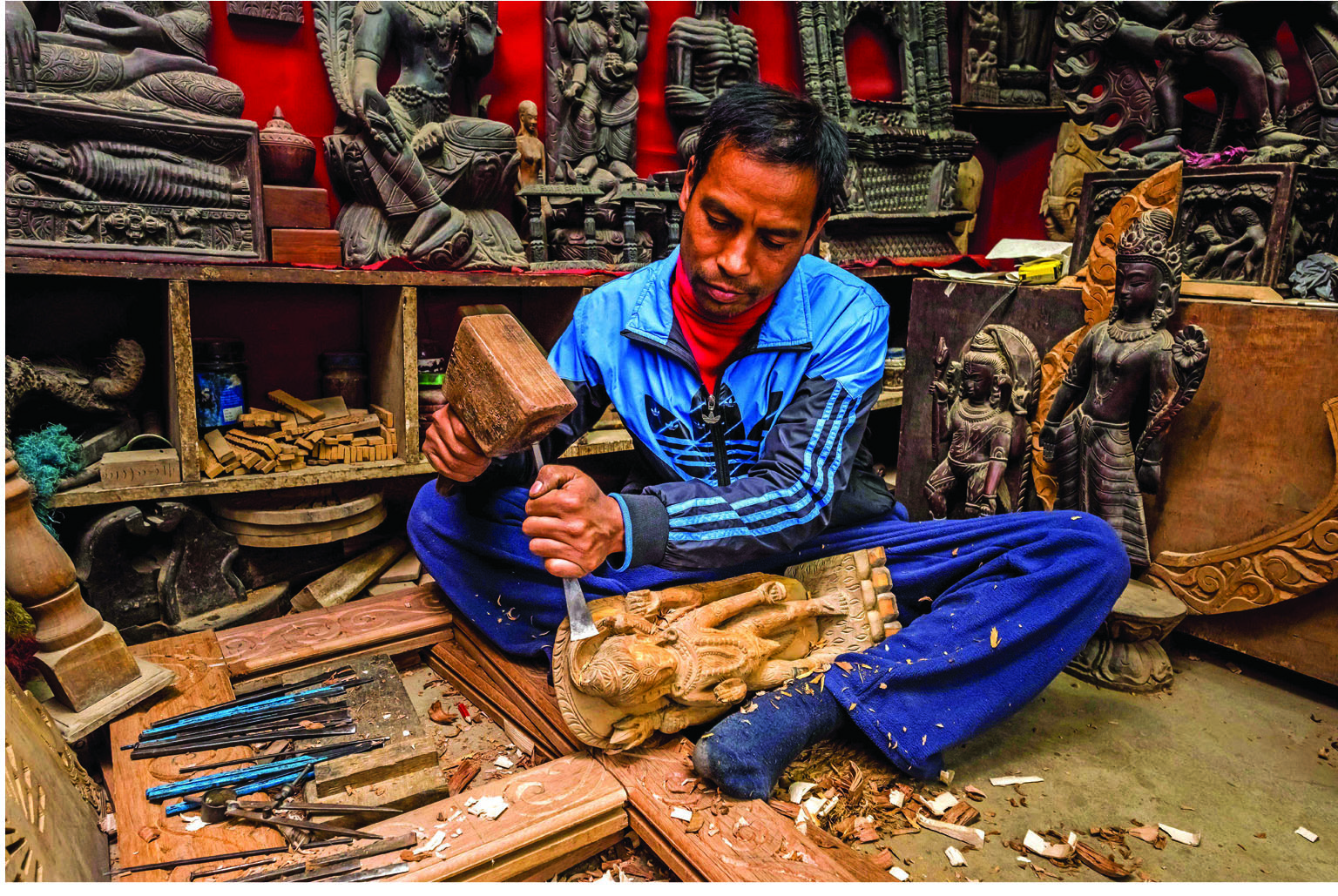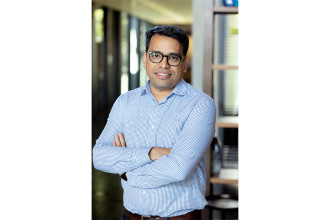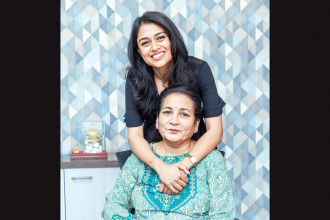
Text by Ankita Jain
Vacations are no longer about guided tours and expensive hotel rooms. Today’s travellers are looking for ways to explore and experience cities just like the locals. From a Khukuri making class in Kathmandu to practicing calligraphy in Hanoi, Backstreet Academy connects travellers with local artisans they would never be able to meet on their own. Making these handcrafted experiences as easy as a click, Backstreet Academy is an online travel platform founded in March 2014. “Every city has something unique to offer and we tap into it by giving the expert locals a platform to engage with travellers,” says Anil Gurung, COO, Backstreet Academy.
The idea germinated when Jamon Mok, one of the three co-founders, learned the basics of wood mask carving from a Thamel based artisan during his visit to Kathmandu. The idea triggered a spark and Jamon along with Anil and Akash Gurung launched the company. Starting with Kathmandu, today the company has spread to eight South Asian countries majorly in Cambodia, Vietnam, Indonesia and Laos. The company is quickly expanding across the region, and as it does, so do the experiences it has to offer. “We provide thousands of exclusive experiences in the community with their masters,” continues Anil. One of the reasons which keep travellers at bay from connecting with locals is the language barrier. People offering such experiences usually do not speak fluent English. “Even for our team at Backstreet, we require extensive fieldwork. At times we take help from the local NGOs while many of the times we are on our own,” he explains. Small talk with random villagers results in references and this is how the team at Backstreet finds a pool of artisans who have been practicing their craft for centuries. When they agree to be Backstreet local host, the team takes photos of the artisan and posts it online along with the experience description. In addition, they also provide translators and coordinators on the excursions so that things go seamlessly.
Talking about Nepal, Backstreet works with over 50 hosts. The popular ones are Khukuri making workshop, monkey temple tour with a monk, wood carving workshop, secret food tour and Thangka painting class. Through these experiences, Backstreet highlights the heritage of a place and help travellers appreciate tradition, skills and foster understanding between people of different cultures. “We provide the actual experience of any activity. If you were attending a class then you are actually in the house, kitchen or workshop of our hosts. You not only observe but also participate in an activity just as any Nepali would,” he shares. A lot of the hosts also share their personal stories, so this provides additional insight into the lives of Nepali people to the travellers, he adds.
Heera, who is a wood carving expert listed on the Backstreet platform and a master in his field for over two decades, was discovered during the initial days of the company. “Earlier I wasn’t sure if people would visit to learn but today the idea of conducting a workshop excites me. During peak season, the footfall increases to 20-25 travellers a month,” says Heera. He shares insights about the traditional process of wood carving with every traveller who visits his store. One can also get home their very own handcrafted souvenir after the workshop.
Lama Dendup is a practicing monk, a scholar of Buddhism and a local host who provides a complete tour of Swoyambhunath says, “During the tour, I share my life story and tell the travellers why people choose to become a monk. I find people curious to know how the lives of monks at a Buddhist Monastery functions.” This particular activity also offers the traveller to join monks during daily chanting sessions and lighting butter lamps. “We’re always on the lookout for offbeat experiences that we can offer to a traveller and a lot of our ideas actually come from talking to our guests,” insists Anil.
To promote the peer to peer travel platform in the country, Backstreet has several strategies at play. “We are working on offline poster campaigns to digital marketing and ambassador programs with travel bloggers,” he states. Bringing into light Nepalis who otherwise had no previous connection with the tourism industry, Backstreet showcases Nepal differently to the mainstream tourism propaganda. Currently focused in Kathmandu and Pokhara, the company hopes to reach out to more far-flung regions over time. “Some of our current plans revolve around wellness for travellers and also showcasing more broadly the religious heritage of Nepal,” he concludes.






